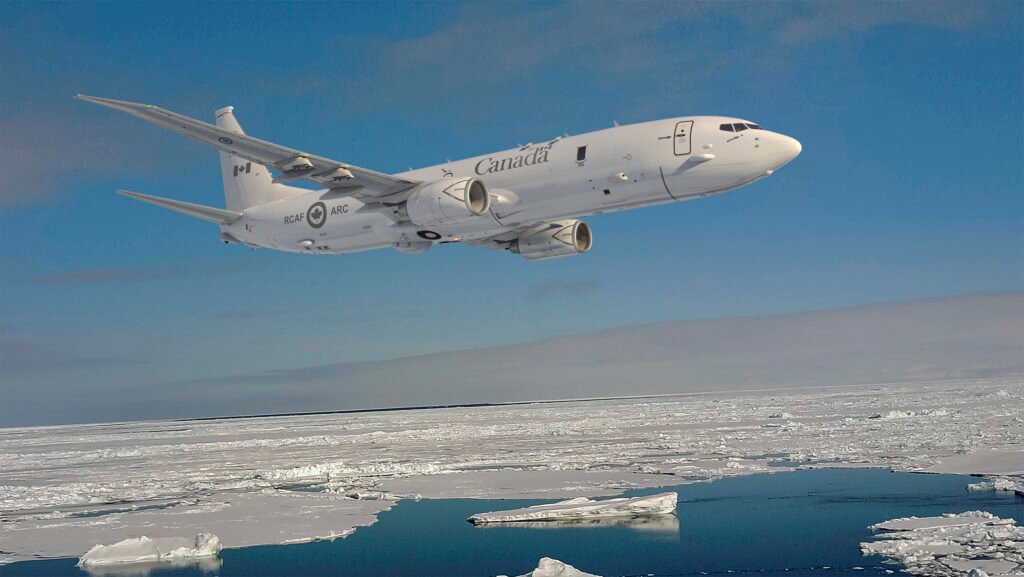Aerospace Aerospace news Air Force News Airplane News Australia News Aviation news Boeing news Business News Canada Canadian News Communications News Consumer News Defense News Economic News Economy News Finance News Global Politics Great Britain Green Energy News India News International News Manufacturing & Assembly News Marine Ocean News Maritime Military Military News New Zealand Kiwi News stock stock news transport
Boeing Teams with Canadian Industry to Offer P-8A Poseidon
Ottawa, Ontario, June 1, 2022 – Boeing [NYSE: BA] and several Canadian industry partners announced today their intent to collaborate to provide the capability and sustainability of the proven P-8A Poseidon for the Canadian Multi-Mission Aircraft…
